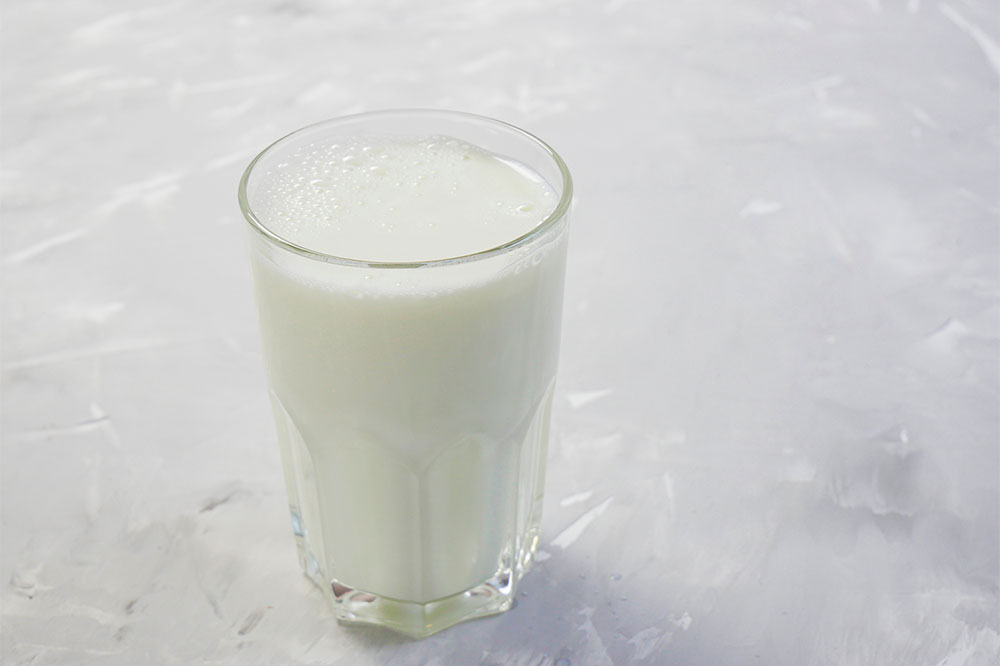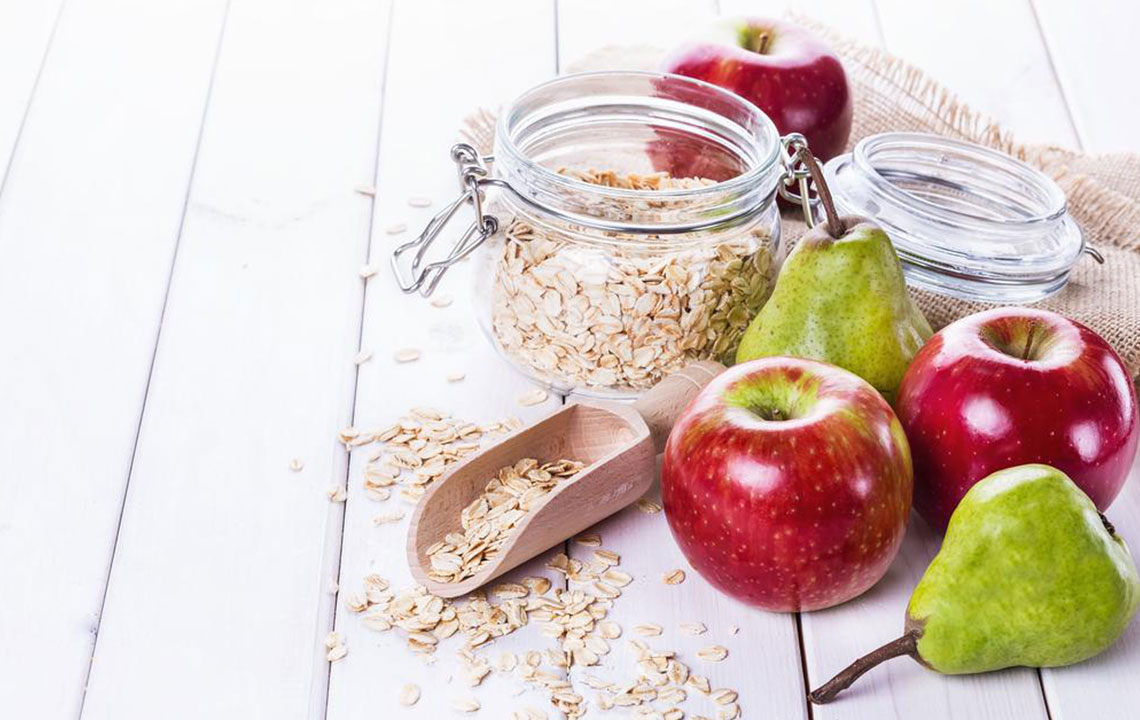Nutritional Strategies for Managing Cystic Fibrosis
This article provides comprehensive nutritional guidance for managing cystic fibrosis, emphasizing diet modifications, hydration, and supplementation. It covers tips for adults and infants to improve health, reduce symptoms, and support overall well-being through tailored dietary strategies and proper hydration. The importance of vitamins, minerals, and healthy fats is highlighted to help manage the disease effectively. Read on to learn practical tips for enhancing nutrition and combating complications associated with cystic fibrosis.

Nutritional Strategies for Managing Cystic Fibrosis
Cystic fibrosis is a genetic disorder characterized by thick, sticky mucus buildup in the lungs and digestive system. This condition can cause symptoms such as mucus in stool, bloating, excessive gas, and abdominal swelling. It also impairs nutrient absorption in the small intestine, leading to nutritional deficiencies.
Here are key dietary recommendations to help manage cystic fibrosis effectively:
Dietary Guidance and Foods for Adults with Cystic Fibrosis
While no specific diet exists for cystic fibrosis, healthcare professionals suggest consuming three main meals and two to three nutritious snacks daily. The caloric requirements are approximately 1.5 to 2 times higher than those of individuals without the condition.
Emphasizing a high-calorie, high-fat diet—about 40% of daily calories—is recommended. The fats should be primarily unsaturated, such as olive oil, nuts, and avocados. Incorporating sources like walnut and flaxseed oils can reduce inflammation. Enhancing meals with cheese, fatty fish like salmon or mackerel, and ripe avocados can help meet caloric needs.
Consistent intake of prescribed vitamins and minerals is crucial alongside dietary modifications. Adequate hydration is vital to prevent mucus buildup and complications, as cystic fibrosis increases sweat production. Proper fluids help maintain airway clearance, prevent thick mucus in the gut, and reduce risks of obstruction, headache, cramps, and fatigue.
Nutrition Tips for Infants with Cystic Fibrosis
High-protein, high-calorie diets also benefit infants once they begin eating solids. Adding formula or breast milk to cereals or enriching meals with cream cheese, bananas, and nut butters can boost calorie intake and satiety. Pediatric vitamin supplements for vitamins A, D, E, and K are recommended to support growth and health.










